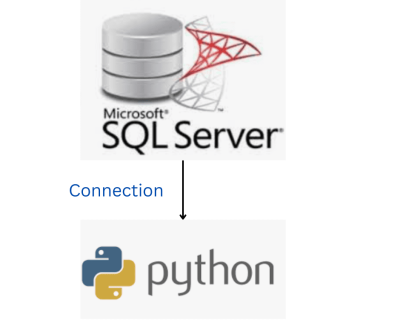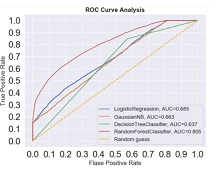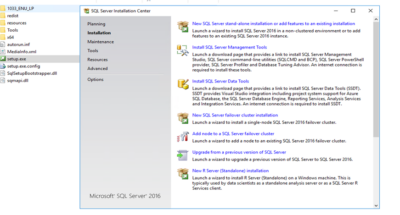SQL (Structured Query Language) is a programming language that is used to manage and manipulate data in relational databases. It is a widely used language in data science, and is essential for anyone who wants to work with large amounts of data. In this article, we’ll discuss the importance of SQL knowledge for data science jobs.


Data Retrieval
One of the most important aspects of data science is retrieving data from databases. This is where SQL comes in. SQL allows you to retrieve specific data from databases by using SELECT statements. With SQL, you can retrieve data based on certain criteria, join data from multiple tables, and aggregate data to create summaries.
SELECT column_name(s) FROM table_name WHERE condition;Data Manipulation
Another important aspect of data science is data manipulation. SQL allows you to manipulate data in a variety of ways. For example, we can use UPDATE statements to update existing data in a database, use INSERT statements to add new data to a database and Use delete statements to delete data from databases.
UPDATE table_name
SET column1=value1, column2=value2, ...
WHERE some_column_name =some_column_value;INSERT INTO table_name (column1, column2, column3, ...)
VALUES (value1, value2, value3, ...);
DELETE FROM table_name WHERE condition;
Data Aggregation
In addition to retrieving and manipulating data, data scientists often need to aggregate data to create summaries. SQL provides a variety of aggregation functions such as COUNT, SUM, AVG, MIN, and MAX that allow you to create summaries of your data.
SELECT COUNT(column_name)
FROM table_name
WHERE condition;
SELECT SUM(column_name)
FROM table_name
WHERE condition;
SELECT AVG(column_name)
FROM table_name
WHERE condition;
SELECT MIN(column_name)
FROM table_name
WHERE condition;
SELECT MAX(column_name)
FROM table_name
WHERE condition;
Data Cleaning
Data scientists spend a significant amount of time cleaning and preparing data. SQL can help with this process by allowing you to remove duplicates, handle missing values, and transform data into a more usable format.
Distinct function is used to find the unique value from the column.
SELECT DISTINCT column_name
FROM table_name;Find the null values from the column.
SELECT column_name
FROM table_name
WHERE column_name IS NULL;
Find the not null values from the column
SELECT column_name
FROM table_name
WHERE column_name IS NOT NULL;
Replace function used to replace the existing value with new value
SELECT column_name, REPLACE(column_name, 'old_value', 'new_value')
FROM table_name;Date functions are used to manipulate and extract date values in SQL. Some commonly used date functions is
TO_DATE: Converts a string to a date value
EXTRACT: Extracts a specific part of a date value (e.g. year, month, day)
DATEADD: Adds a specific number of units to a date value
#Convert a string to a date value
SELECT TO_DATE('2023-03-01', 'YYYY-MM-DD')
FROM table_name;
#replace the '2023-03-01' with correct column name.# Extract the year from a date value
SELECT EXTRACT(YEAR FROM date_column)
FROM table_name;# Add days to a date value
SELECT DATEADD(DAY, 7, date_column)
FROM table_name;String functions are used to manipulate and extract string values in SQL. Some commonly used string functions is
CONCAT: Concatenates two or more strings together
LENGTH: Returns the length of a string
SUBSTR: Returns a substring of a string
UPPER/LOWER: Converts a string to uppercase or lowercase
Here are some examples of how these functions can be used:
# Concatenate two strings together
SELECT CONCAT(first_name, ' ', last_name)
FROM table_name;# Return the length of a string
SELECT LENGTH(text_column)
FROM table_name;# Return a substring of a string
SELECT SUBSTR(text_column, 1, 10)
FROM table_name;# Convert a string to uppercase
SELECT UPPER(text_column)
FROM table_name;In conclusion, SQL is a critical tool for data scientists. It allows you to retrieve, manipulate, aggregate, and clean data, all of which are essential skills for any data science job. By mastering SQL, you will be able to work with larger and more complex datasets, and ultimately be more successful in your data science career.




